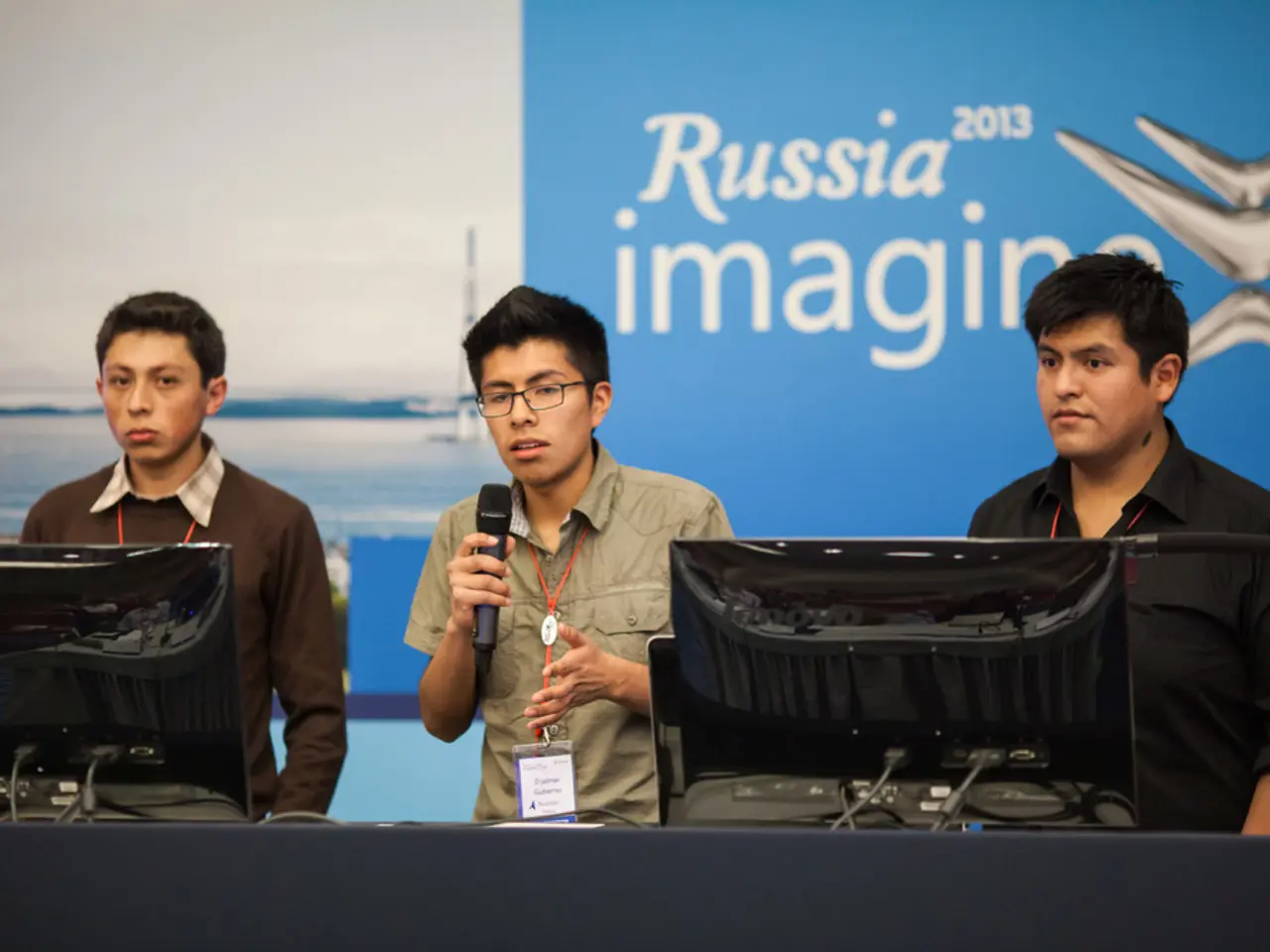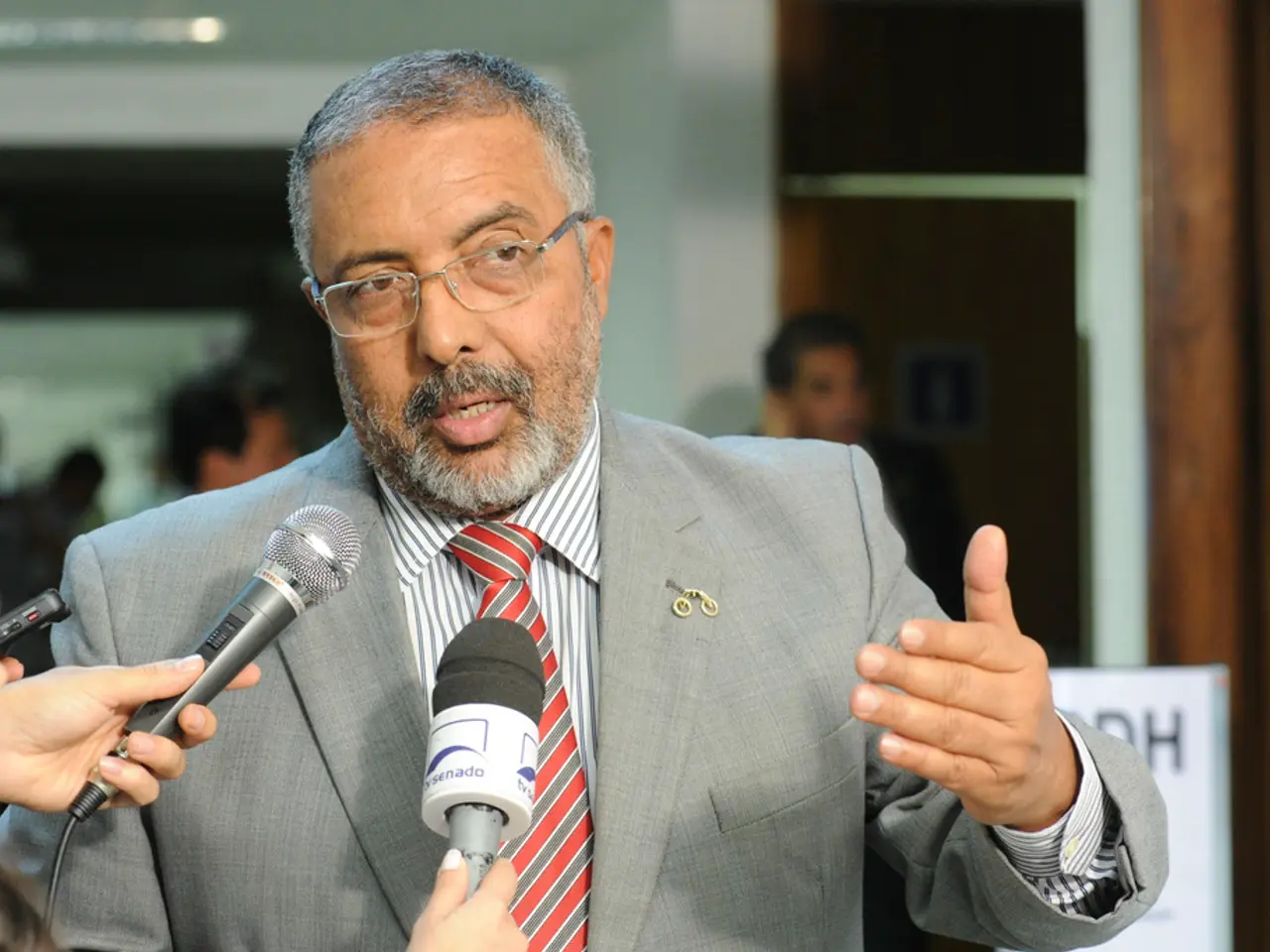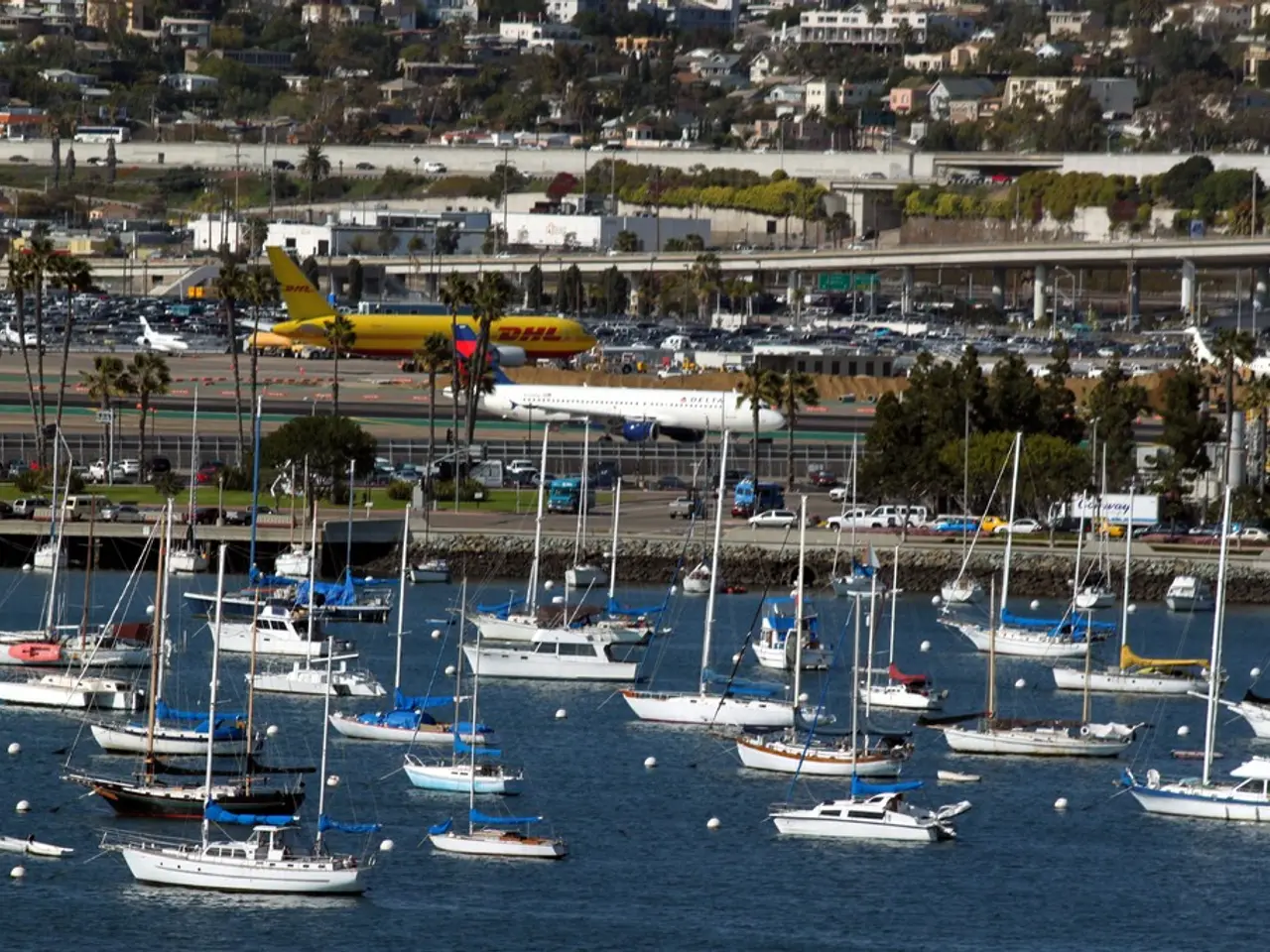Trump's demand is unlikely to force Putin to comply
In the ongoing conflict between Russia and Ukraine, U.S. Special Envoy Stephen Biegun is scheduled to visit Russia on August 6 or 7, according to reports. The focus of Biegun's visit, as revealed by U.S. media, is not the humanitarian situation in Gaza, as announced by U.S. President Donald Trump, but rather discussions aimed at urging President Vladimir Putin to agree to a ceasefire in Ukraine.
The negotiating process between Russia and Ukraine, as reported by various sources, is an attempt by Moscow to convince Trump that Putin is not rejecting peace. However, the substance of these negotiations is reportedly little more than discussions of humanitarian exchanges.
The ongoing conflict, marked by Russia's slow but costly advances into Ukrainian territory, has seen Russia gain significant ground along a 1,000-kilometer front, especially in eastern regions like Donetsk and Dnipropetrovsk. Russian President Putin's goals appear focused on military territorial gains and maintaining pressure on Ukraine, demonstrated by continuing offensives such as advancing into northern Kharkiv Oblast and pushing Ukrainian forces back from the border areas.
President Putin's broader goal seems to be to impose terms favourable to Russia on Ukraine, as negotiation efforts are viewed skeptically by Ukrainian forces and commanders, who generally see defeat of Russia as the only solution. Meanwhile, Ukrainians show growing war fatigue, with 69% favouring a negotiated end to the conflict soon, a stark shift from 2022 attitudes, although support for continuing to fight remains among some.
The United States, represented by Trump as of August 2025, is pressuring Russia through diplomacy and sanctions, including tariffs on India for economic cooperation with Russia, and is actively supporting Ukraine with military assistance. However, Trump's diplomatic efforts, including his August 8 deadline for peace, have thus far not led to any breakthrough. The U.S. continues to seek diplomatic solutions, aiming for summits involving all parties, but the military conflict and hostilities persist at high intensity with ongoing missile attacks and ground fighting.
Putin, it appears, does not want to anger Trump, but his military goals are more important to him than improving relations with Washington and the West. Putin's resolve to continue his actions is driven by his belief in victory and skepticism that additional U.S. sanctions will have a significant impact. After occupying the Donetsk and Luhansk People's Republics, as well as the Zaporizhzhia and Kherson regions, Putin plans to begin peace talks.
Sources familiar with discussions in the Kremlin suggest that Biegun's visit to Russia is also intended to urge Putin to agree to a ceasefire in Ukraine. The news agency Reuters reported this information.
In summary, Putin's goals involve territorial expansion and sustaining Russian influence in Ukraine, while the U.S. is engaged in diplomatic pressure and military support to negotiate a ceasefire or peace, but tangible progress is limited and fighting continues intensely. Ukrainian forces remain vigilant and war-weary, with a population increasingly desiring peace but doubting its imminent achievement.
- The U.S., through its special envoy Stephen Biegun's visit to Russia, is aiming to discuss policy-and-legislations that may lead to a ceasefire in Ukraine, which is a critical aspect of the ongoing politics surrounding war-and-conflicts between Russia and Ukraine.
- Amid general-news reports revealing Russian President Putin's continuous military advances in Ukraine, the focus of international diplomacy, as demonstrated by U.S. efforts, is on policy discussions that could potentially address the ongoing conflict and bring about peace.







